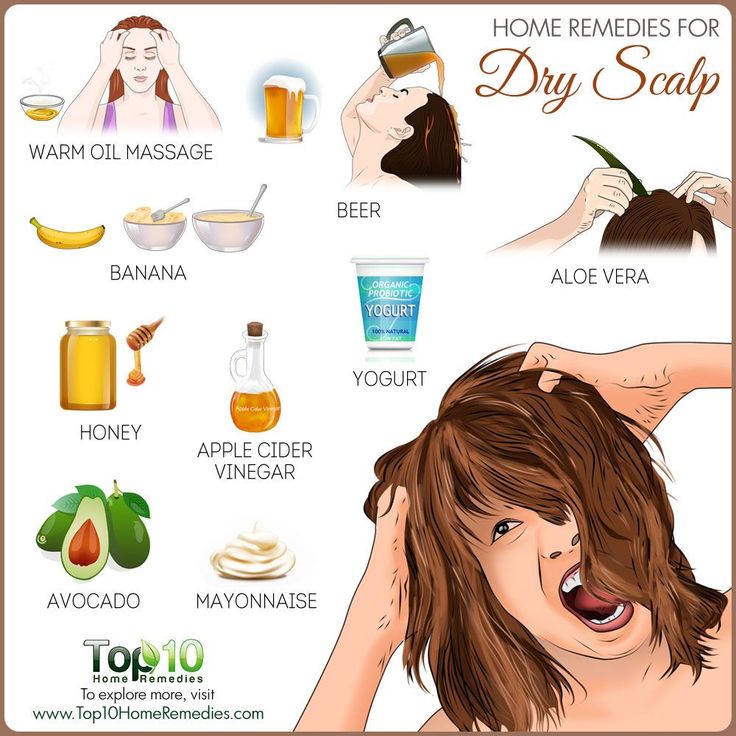

How to Get Rid of Hair Loss Fast: Emergency Treatments. Are you experiencing sudden, noticeable hair loss? A receding hairline, thinning crown, or excessive shedding can be alarming and impact your self-esteem. While some hair loss is completely normal, sudden or excessive shedding often requires attention. This article will delve into emergency treatments for hair loss, offering practical strategies to address this concern quickly and effectively. We will explore a range of options, from home remedies to professional medical treatments. You will learn how to identify the underlying causes of hair loss and choose the appropriate solutions, allowing you to approach this issue head-on.
Understanding Hair Loss and its Triggers
Common Causes of Hair Loss
Hair loss, medically termed alopecia, can stem from a multitude of factors, ranging from hormonal fluctuations to underlying medical conditions. Genetics plays a significant role, with some individuals being predisposed to hair loss due to family history. Hormonal imbalances, such as those associated with pregnancy or menopause, can disrupt hair growth cycles. Stressful life events, both physical and emotional, can also trigger significant shedding. Diet and nutritional deficiencies are crucial determinants of overall hair health and play a substantial role in maintaining its quality and resilience. Insufficient protein, iron, or vitamin intake can lead to weakened hair follicles and increased hair fall. Underlying medical conditions, such as thyroid disorders or autoimmune diseases, may also contribute to hair loss. Finally, environmental factors, like harsh chemicals or excessive heat styling, can damage hair follicles, leading to thinning and shedding.
Quick Fixes for Immediate Relief
Home Remedies for Fast Results
Some immediate relief can be found through natural remedies. A healthy diet rich in protein, vitamins, and minerals is vital for healthy hair growth. Omega-3 fatty acids are known for their positive impact on hair health, and incorporating foods like salmon, flaxseed, and walnuts can contribute to overall hair health. Scalp massages can stimulate blood circulation to the scalp, promoting hair growth and potentially reducing shedding. Applying essential oils, such as rosemary or peppermint, to the scalp can aid in stimulating hair follicles and improving circulation. It’s important to note, however, that while these home remedies might provide some immediate relief, they may not address the underlying causes of hair loss, and further investigation and/or professional treatment may be necessary.
Medical Interventions for Accelerated Growth
Medications and Treatments
Medications like minoxidil and finasteride are commonly prescribed to stimulate hair growth and stop hair loss. Minoxidil, available over-the-counter or by prescription, is a topical solution applied to the scalp. Finasteride, available only by prescription, works to block hormone production, a factor in hair loss in men. In severe cases or when underlying conditions are suspected, dermatologists might recommend additional treatments. Consult with a dermatologist or other healthcare provider for personalized guidance to determine the most appropriate treatment option for your specific condition. A proper assessment of your condition is essential before starting any treatment regimen.
Lifestyle Modifications for Long-Term Success
Maintaining Healthy Habits for Hair Health
Maintaining a healthy lifestyle plays a pivotal role in addressing hair loss issues. Stress management techniques, such as meditation or deep breathing exercises, are particularly helpful in managing the stress-related hair fall. Getting adequate sleep and ensuring a balanced diet also contribute significantly to the health of your hair and overall well-being. Hydration is essential, as your hair and scalp need proper hydration to function properly. Adopting a holistic approach to hair care, including proper cleansing and moisturizing, is equally crucial. Protect your hair from excessive heat styling and harsh chemicals. These lifestyle modifications will not only benefit your hair but also contribute to an overall healthier lifestyle.
Importance of Professional Consultation
Seeking Expert Advice
When dealing with hair loss, consulting a qualified dermatologist is crucial. They can identify the underlying causes of the hair loss and recommend the most appropriate treatment plan. They can also distinguish between benign hair loss patterns and more serious underlying medical issues. A thorough medical evaluation can uncover potential underlying conditions, such as hormonal imbalances or autoimmune disorders. The expertise of a dermatologist offers a higher chance of determining the optimal treatment plan, tailored to specific needs and to achieve maximum results.
In conclusion, tackling hair loss swiftly involves understanding its underlying causes and implementing targeted solutions. While emergency treatments can provide temporary relief, addressing the root causes, like stress management and a balanced diet, are key to long-term hair health. By following the strategies outlined in this article, you can potentially rejuvenate your hair and achieve healthier, fuller tresses. Consult with a dermatologist or a medical professional for personalized advice and tailored treatments for your specific situation. Remember to be patient; results may not be immediate. Restore your confidence and address hair loss effectively by using these emergency treatments, combined with consistent care, leading to long-term hair health.